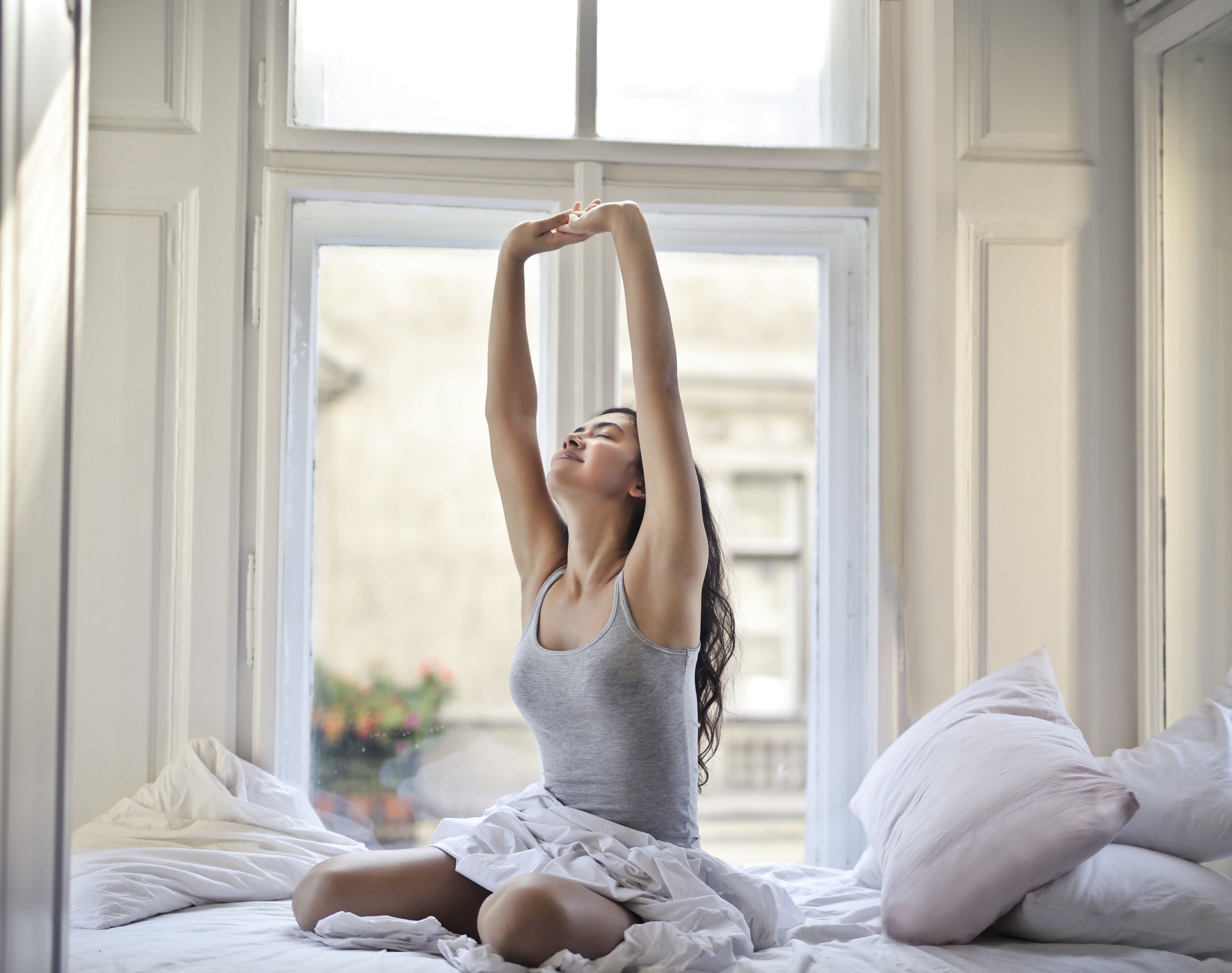For decades, humans have noticed that proper sleep helps with their attractiveness and physical health. Those who sleep well often notice a glowing complexion and report a healthier weight range.
However, sleep not only helps with physical health and appearance but also mental health. Those who do not get enough rest report more stress, and lower self-esteem, and are more likely to live with a mental illness such as depression or anxiety. These problems can be prevented by using a sleeping spray, which can also keep you feeling refreshed and rejuvenated.
Therefore, beauty sleep is critical for feeling and looking your best. Let’s delve more into what beauty sleep is, how it benefits mental health, and what you can do to get more of it.
What is Beauty Sleep?
Though beauty sleep may seem like a cliché or just a fancier term for regular sleep, it actually refers to a highly beneficial form of sleep that can benefit one’s physical and mental health.
Beauty sleep is another term for deep sleep, a stage in the sleep cycle that is crucial for optimal health. Deep sleep not only helps the body rest and recover from a long and strenuous day, but it also helps with healing.
This type of sleep is referred to as “beauty sleep” because it is known to improve one’s appearance. The skin uses this time to heal itself, giving your complexion a clear and healthy glow. Good sleep also helps with weight management and prevents premature aging.
Beauty sleep not only prepares the body physically for the next day, but it also helps keep the mind healthy too. If you live with a mental health condition or just want to become happier and calmer, then read on to learn how beauty sleep can help.
How Beauty Sleep Benefits Your Mental Health
Prevents Stress
Sleep deprivation is known to enhance stress and anxiety, so it makes sense that getting your beauty sleep will decrease these problems. However, it is hard to get proper sleep when stressed out as it often keeps you awake late into the night.
However, proper sleep provides you with the energy to tackle your problems, which means you have fewer issues to stress over. Furthermore, sleeping well consistently also puts you in a better mood, helping you develop a more positive mindset. The combination of more healthy energy and a happier, more positive mindset reduces overwhelm, anxiety, and stress.
If stress prevents you from sleeping, talk to a medical professional about treatment options and other tips to get more sleep.
Improves Self-Esteem
People who don’t sleep well often have much lower self-esteem than those who do sleep well. Being fully rested means that you are more likely to feel good about yourself, which results in higher self-esteem.
In fact, research shows that those who have insomnia often have much lower self-esteem than those who sleep well. However, those who sleep more than nine hours each night also report low self-esteem, so sticking to the recommended seven to nine hours is optimal.
Increases Happiness
You probably don’t need to be told that people who don’t get proper sleep tend to be crankier and moodier than those who do. But this point stresses just how important sleep is for your happiness. If you’re often cranky, moody, or live with depression or anxiety, additional sleep may help.
There is considerable research, studies, and testimonials that directly link the lack of sleep to depression. However, this seems to be a two-way relationship. Insomnia is often a symptom that results from depression, but a lack of sleep may cause depression as well.
Therefore, it is clear that getting more deep sleep may help with symptoms of depression and other mental illnesses. If you struggle to sleep due to a mental illness, discuss treatment options with your therapist or another medical professional.
How to Improve Your Beauty Sleep
Looking and feeling good are positive signs that you got a sufficient amount of beauty sleep the night before. The perfect amount of sleep results in a more attractive appearance and enough energy and excitement to take on the day.
However, getting the CDC recommendation of 7 to 9 hours of sleep is hard for most people. Not only are many people busy and struggle to carve out that much time for rest each night, but many people also struggle to either fall asleep or stay asleep.
If you struggle with getting a night of restful sleep, here are some tips that may help:
Quiet the environment
Reduce or cut out caffeine
Do not eat a large meal within a few hours of heading to bed
Reduce all light sources and brightness in the room
Turn off all screens an hour or two before sleeping
Wear more comfortable pajamas
Turn down the thermostat
Exercise in the afternoon or early evening
Create a consistent sleep schedule
Bottom Line
Beauty sleep is not reserved for those wishing to improve their complexion. It is an important part of the sleep cycle that is critical for both your physical and mental health. By taking steps to get more restful sleep, you can ensure that you are happy, energized, and ready to take on your day.
If you loved this article, then head on over to BetterHelp for information on sleep, insomnia, and how they affect your mental health.
Marie Miguel has been a writing and research expert for nearly a decade, covering a variety of health- related topics. Currently, she is contributing to the expansion and growth of a free online mental health resource with BetterHelp.com. With an interest and dedication to addressing stigmas associated with mental health, she continues to specifically target subjects related to anxiety and depression.















